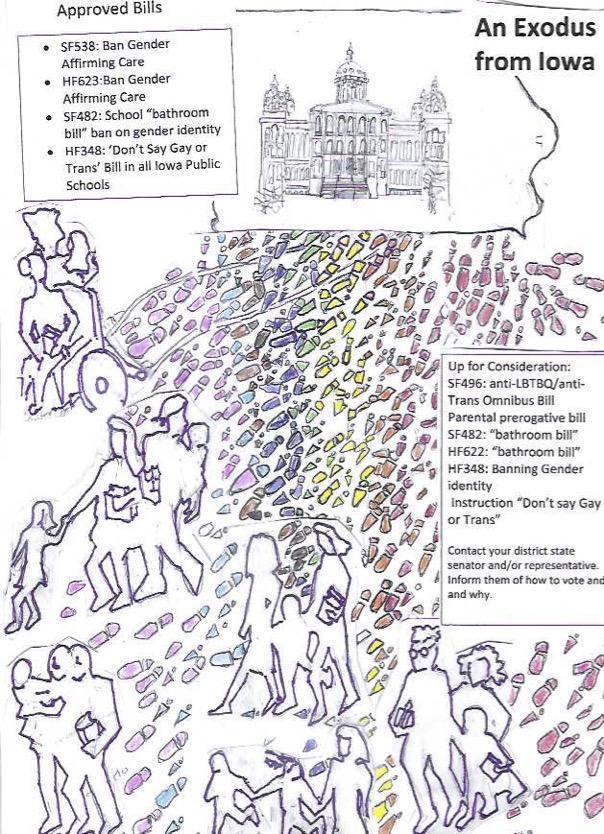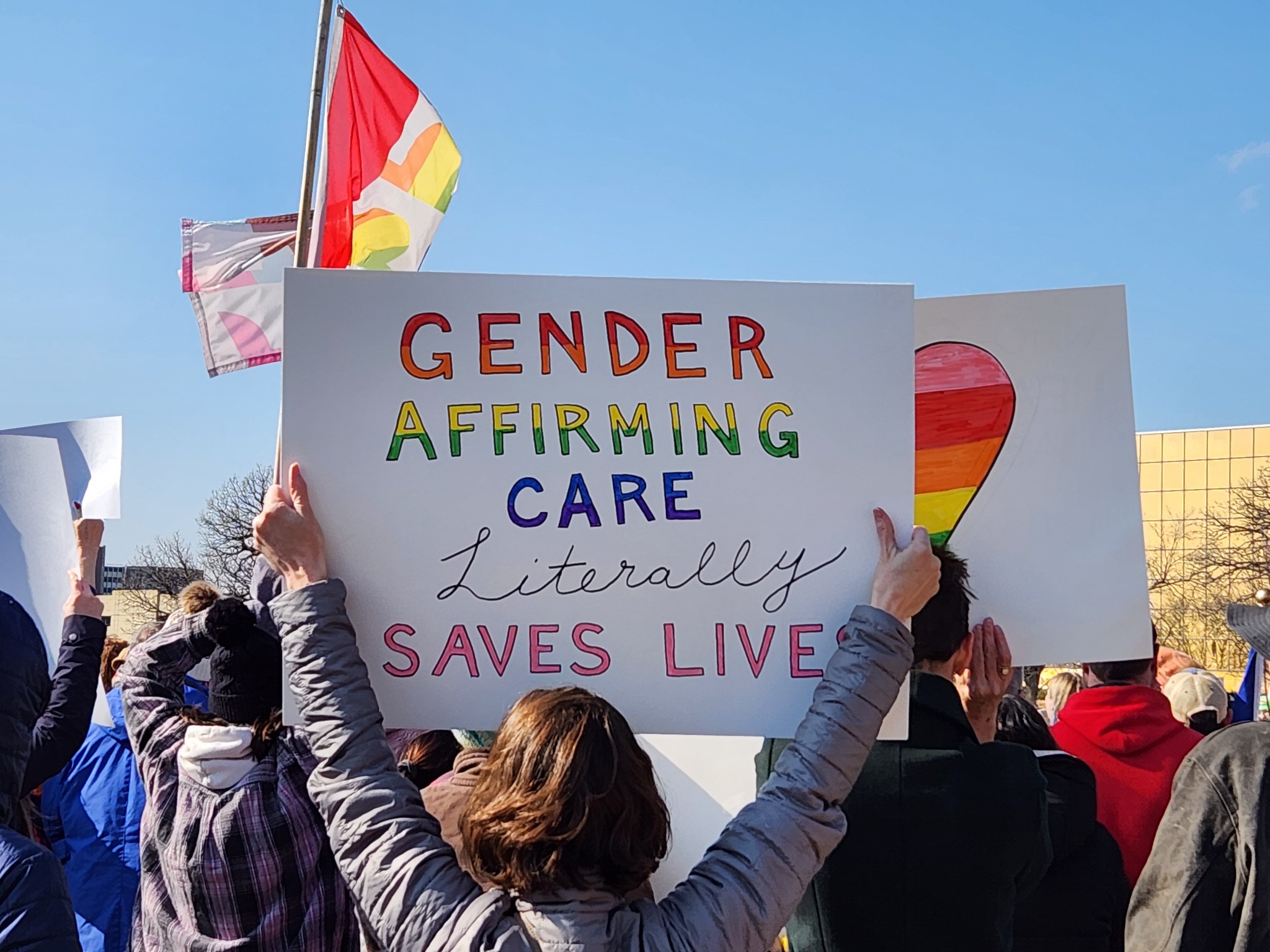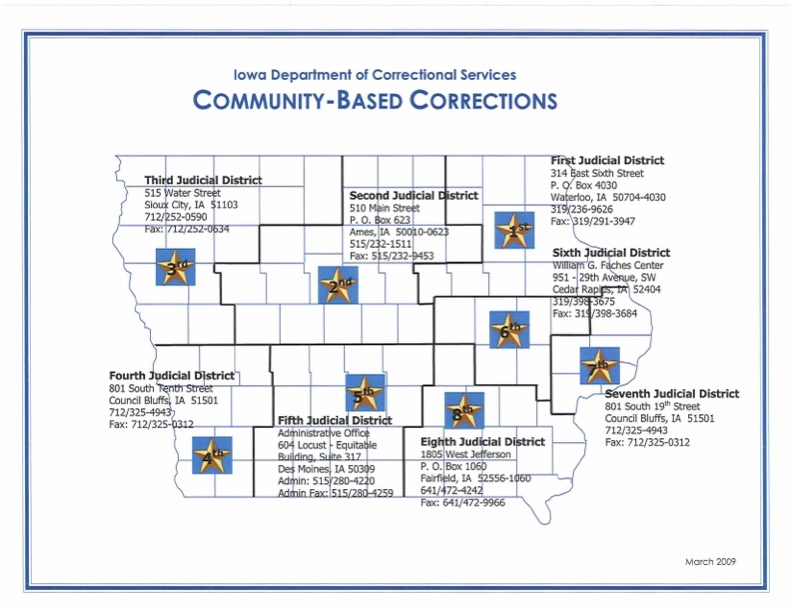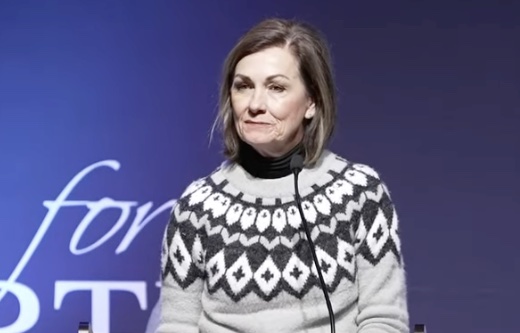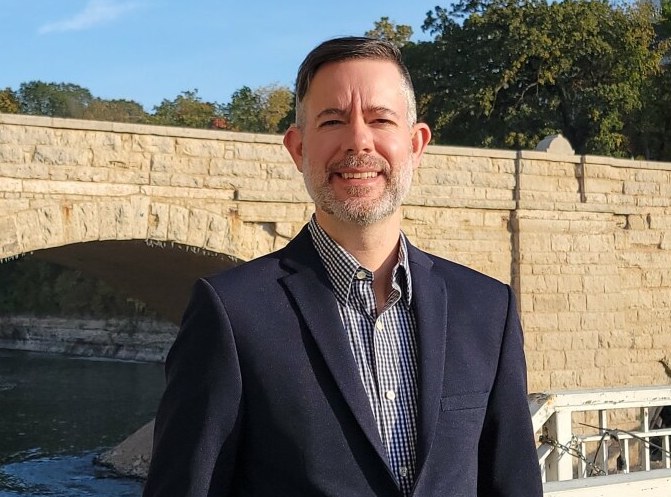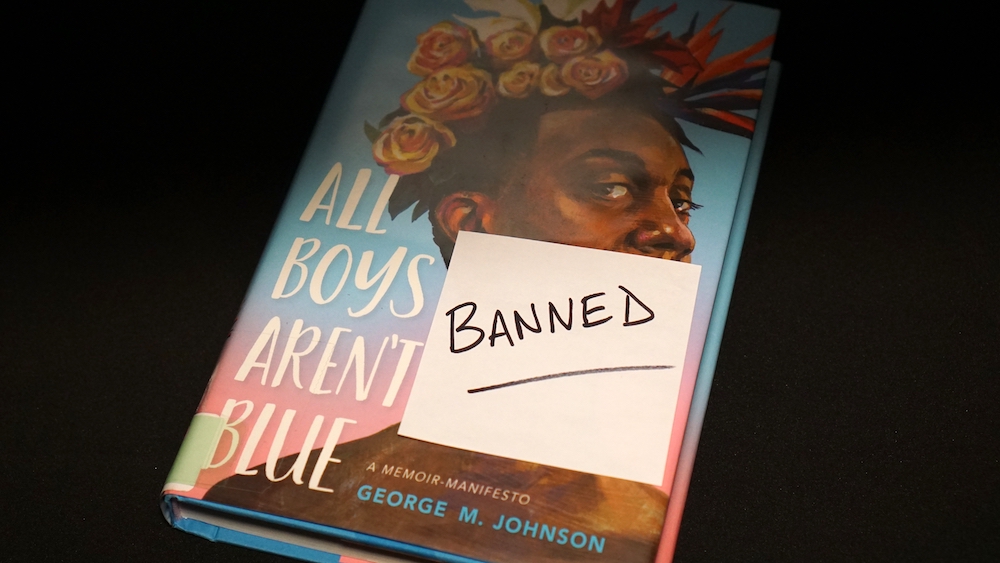William R. Staplin shares another cartoon and explains his artistic choices.
The Lesbian, Gay, Transgender, Bisexual, Intersex, Queer/Questioning, Asexual (LGTBQIA+) community has lived on the margins of cis-gendered societal acceptance throughout recorded history. Mainstream societies have repressed the community in myriad ways: from self-righteous and pious condemnations and public humiliation to the destruction of careers (whether through hiring and firing discrimination or ”Don’t Ask Don’t Tell”), to brutal assaults in farmyards, playgrounds, and towns squares, all the way to targeted murders and lynching.
When the U.S. Supreme Court cleared a path for marriage equality across the country in June 2015, this brutalized community achieved a small portion of equity. Same-sex couples were able to legally wed and include their life partners for medical insurance, hospital visitation, and estate planning, providing some peace of mind for bereaved loved ones at difficult times.
But equality was in some way a mirage for members of the transgender community.
Continue Reading...
